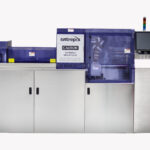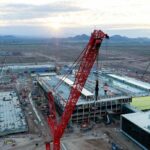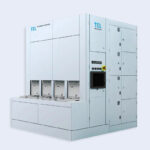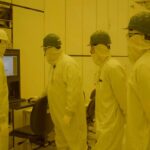ASIA ELECTRONICS INDUSTRYYOUR WINDOW TO SMART MANUFACTURING
Players See GenAI to Play Key Role in IC Landscape
The demand related to generative artificial intelligence (AI) has a full-fledged impact on the performance of semiconductor manufacturing equipment companies. Industry players predict recovery of the semiconductor market will be slower than expected. Albeit it may take a year or two more for full recovery.
Nonetheless, high expectations for gen AI as a driver of earnings along with power semiconductors.
Meets Market Demand
Financial results for the July-September 2023 period showed semiconductor manufacturers continue to restrain investment. Particularly, amid prolonged slumps in demand for consumer devices such as smartphones, many semiconductor manufacturing equipment companies saw their business performance decline. However, the demand related to generative AI stood out.
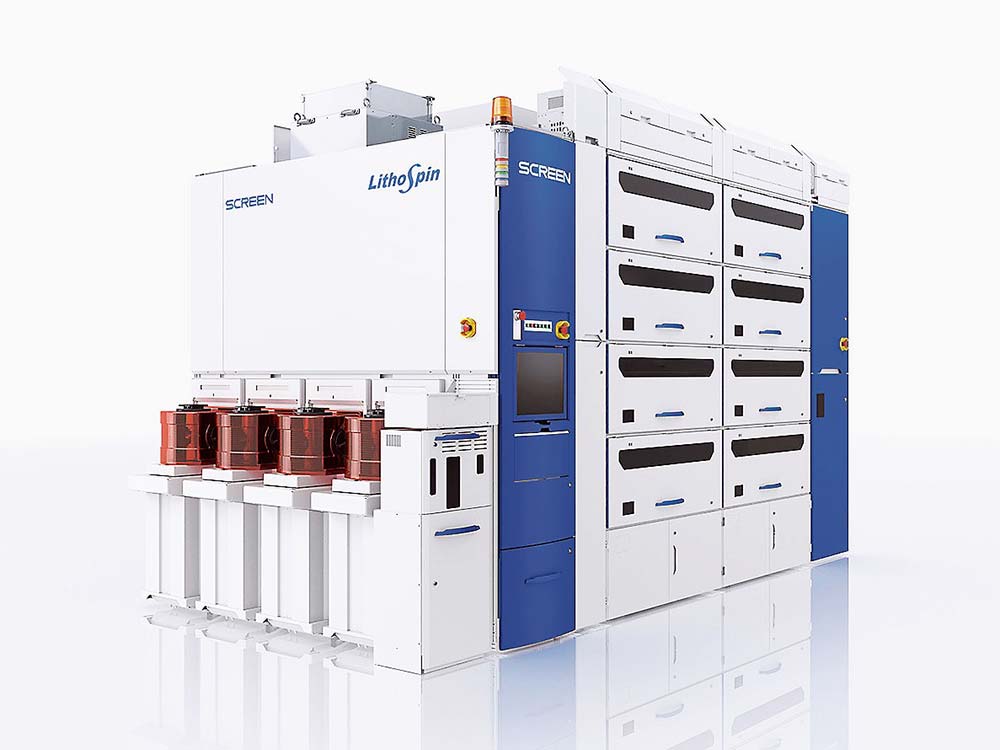
Lasertec Corp. has significantly increased orders for BGM, a device that measures the thickness of silicon in the process of laminating silicon wafers together for HBM (broadband memory). Osamu Okabayashi, Representative Director said, “In the past three months, inquiries have been particularly pronounced.” Although the unit price of the product is lower than that of the photomask inspection system, the number of orders is large. Thus, the company expects to continue receiving orders.
On the other hand, Toshiki Kawai, President of Tokyo Electron, Ltd., looks back on the July-September 2023 period, saying, “Orders for bonding equipment for HBM mass production have accelerated at once.” Particularly, there were concerns about a tight supply situation due to a sharp increase in inquiries from Korean customers. However, with the cooperation of partner companies, the company strengthened its production capacity and expressed confidence in its ability to respond to demand.
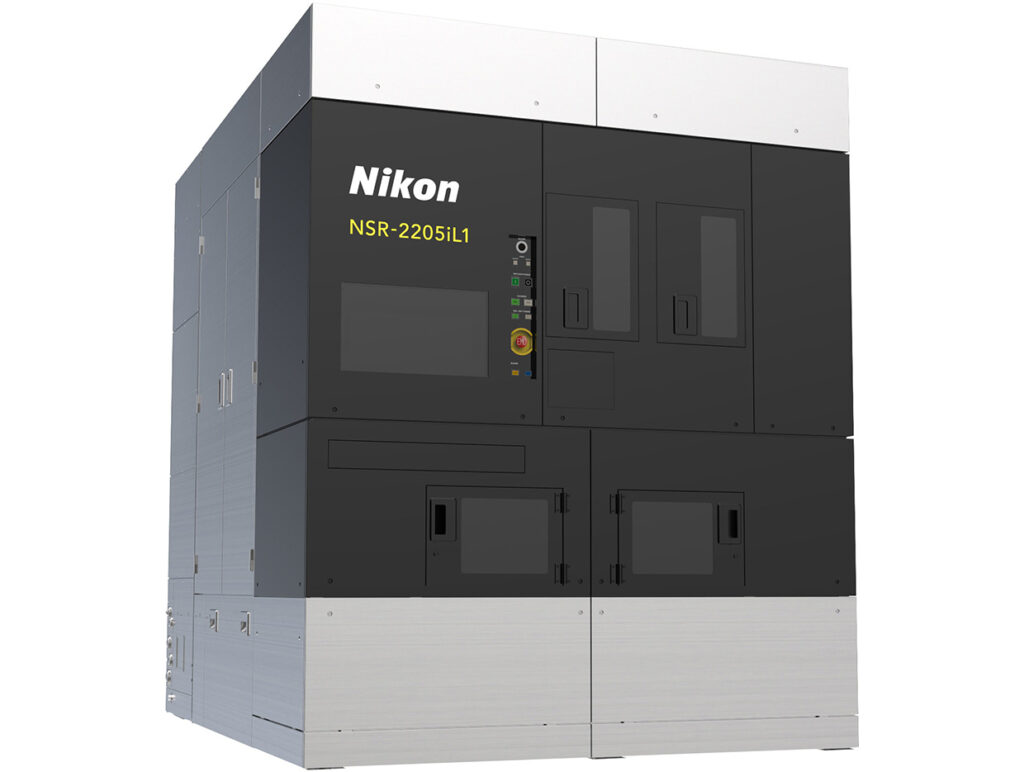
In addition, Kawai said, “We were able to expand our production capacity several times (at the beginning of the fiscal year).”
Increases Capacity
Advantest Corp.’s sales of high-performance DRAM for generative AI also increased in the July-September 2023 period, contributing to its business performance. In particular, memory testers for DRAM grew significantly in the Korean market.
“It was a three-month period in which we realized concrete progress in our business opportunities brought about by generative AI,” said Yoshiaki Yoshida, President. Regarding customer trends in the development and mass production of high-performance memories such as HBM, he pointed out that “we have already started to increase production capacity against the backdrop of medium-term demand growth and reliability requirements.” He said he has more opportunities to talk specifically with customers about his plans to increase demand for testers in the future.
Tokyo Seimitsu Co., Ltd. also saw a sharp increase in orders related to generative AI in the July-September 2023 period. Moreover, the company received orders for grinders and dicers mainly for AI logic, and probers for HBM of approximately 6-7 billion yen. Ryuichi Kimura, President said, “For AI, we use 7-8 times more HBM than ordinary servers, and the AI industry will continue to grow in the future.” In addition, Kimura said, “In the second half of the year (Oct. 2023-Mar. 2024), we expect to receive the same number of orders.”
Meanwhile, ULVAC Inc. continued to curb investment in memory products, and HBM-related demand contributed to its performance. DISCO Corporation and SCREEN Holdings Co., Ltd. are also expected to have AI-related demand in the future.
Tokyo Electroni’s Mr. Kawai explained AI servers will grow at an average annual growth rate of 31% over the five years to 2027. “PCs and smartphones will also be equipped with new AI functions,” he expects demand to expand further.
Strong Sales for Power Semiconductors
Sales for power semiconductors remain strong. Thus, ULVAC said that investment in silicon carbide (SiC) in Japan and China poured during the July-September 2023 period. Because of battery-related investments, overall orders increased by 17% year-on-year.
Nevertheless, Tokyo Seimitsu saw sluggish performance in the consumer sector, but power applications such as SiC supported its performance along with generative AI. SCREEN is also doing well for SiC. In November 2023, the company introduced a new coater and developer product for next-generation power devices. Thus, aiming to penetrate the market with its strengths such as reducing demand for power and resist.
Semiconductor lithography equipment is also strong, especially in power systems. In addition to power devices, Canon Inc. sold 50 units in the July-September 2023 period, the same as in 2022, with sales of advanced packaging and back-end processing equipment doing well. The company plans to sell 189 units for the year, which is higher than in 2022. In October 2023, the company announced its nanoimprinted semiconductor manufacturing equipment and expanded its support for cutting-edge products.
On the other hand, Nikon Corporation also improved its performance mainly with ArF lithography systems, selling 11 units, three more than in 2022. The company plans to release in 2024 a renewed version of the I-ray lithography system.

